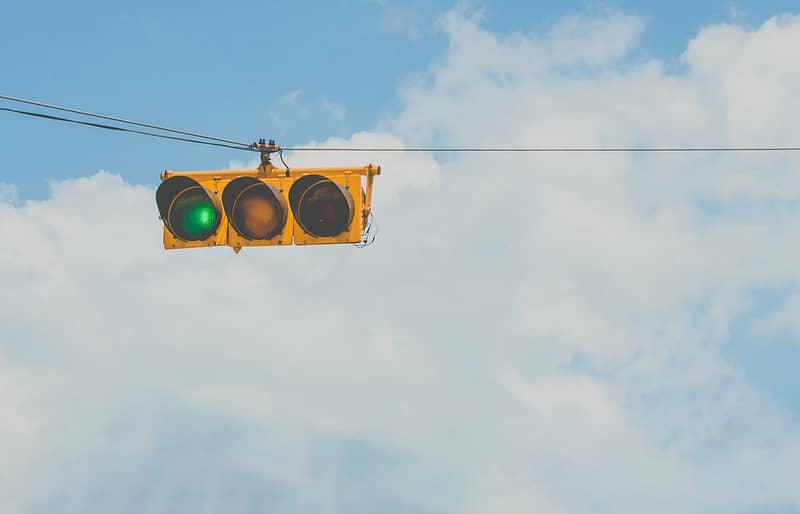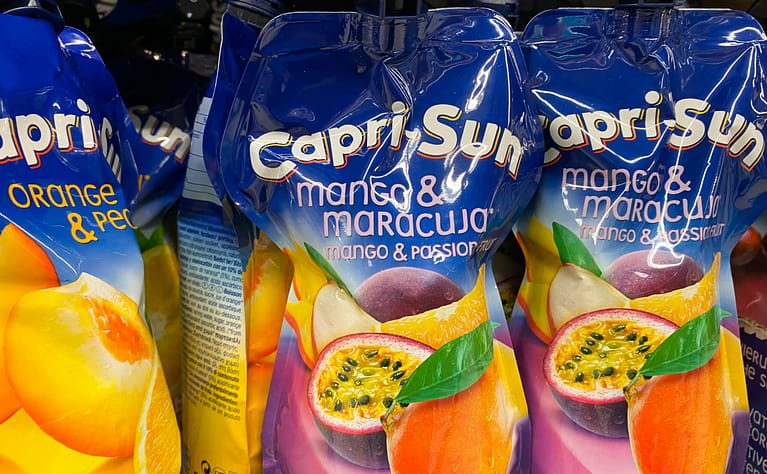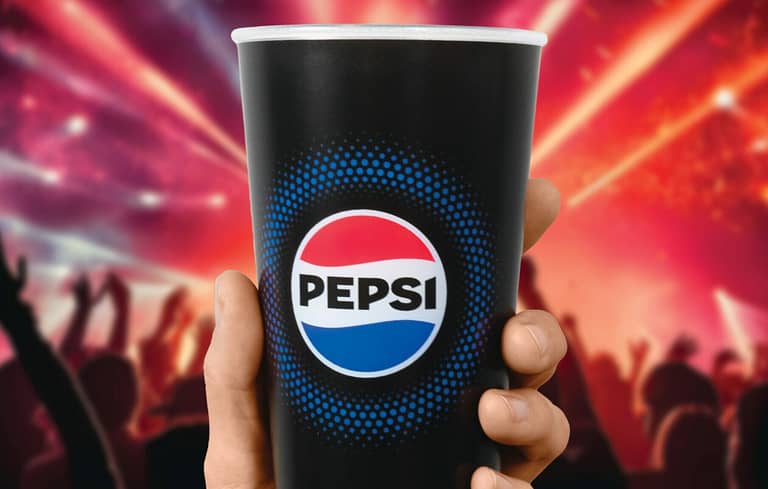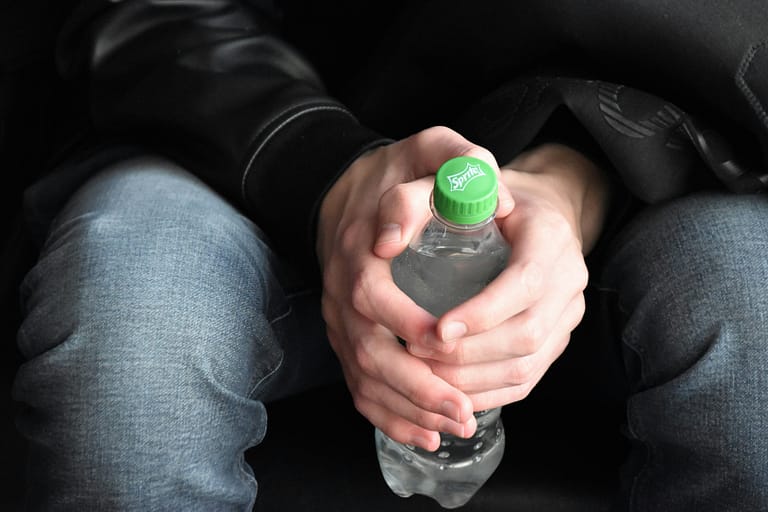Photo source: Carlos Gómez | Unsplash
The environmental traffic light for food is coming – packaging included
Thomas Reiner | 28.10.2021
Foundation Earth’s new eco-labelling programme shows: Retailers have a powerful lever for driving sustainability and the circular economy. When big retailers promote something, it moves the entire value chain.
In addition to Tesco, PepsiCo, Danone, Lidl and Starbucks, Morrisons, Aldi, Waitrose and other major retailers, food and drink brands are also supporting Foundation Earth, which was founded in June, and its eco-labelling programme.
The support is currently being given in the run-up to a pilot project. The companies are part of the industry advisory group that is helping Foundation Earth optimise its nascent traffic light environmental rating system. After a trial phase running in autumn 2021 on over 100 products, including those from M&S, Costa Coffee, Meatless Farm, Greencore, Abel & Cole, Mash Direct and Finnebrogue Artisan, the environmental traffic light will be rolled out across Europe.
Foundation Earth
- Foundation Earth is an independent, non-profit organisation. It was founded with the aim of providing easy-to-understand and clear environmental ratings of food products on the front of product packaging.
- The Foundation is the result of years of work by Oxford University and the EU-funded EIT Food consortium. The EIT Food is a “knowledge and innovation community” that brings together 50 leading companies, universities and scientific institutions from all sectors of the food chain.
- Its aim is to enable consumers to make more sustainable purchasing decisions. In parallel, food manufacturers are to be motivated to make more environmentally friendly innovations.
The traffic light system
- The seal on the front of food packaging uses a traffic light system developed by Mondra, based on data from the scientific work of Poore & Nemecek (2018).
- Mondra says it is a data-driven insights platform that helps food system actors achieve their carbon neutrality goals, communicate their performance and create positive impacts for the planet.
- The pilot runs in parallel with an intensive nine-month development programme supported by Nestlé, combining the “Mondra” methodology with a system developed by the EIT Food consortium of Belgium’s University of Leuven and Spanish research agency AZTI.
- The Mondra and EIT Food systems are unique in the world in that they can compare two products of the same type on their individual merits using a full product life cycle analysis. This is a key advantage as it does not only use secondary data to estimate the environmental impact of an entire product group.
- For the environmental assessment and the corresponding traffic light result, not only the sustainability aspects of the products but also those of their packaging are included in the assessment of the labelling system. The traffic light indicates a total of 8 levels, ranging from A+ to G.
- CO2 emissions account for 17 percent of a product’s final eco-label.
Retailers have the cycle lever
An environmental traffic light for food and its packaging is not a new topic. Politicians have been trying to come up with a corresponding regulation for years. So far unsuccessfully. The fact that retailers and brands are now taking the issue forward on their own shows the seriousness behind their sustainability efforts, the growing pressure from consumers and the strong need for transparent, universally applicable criteria.
What Foundation Earth’s environmental traffic light also impressively shows: Retailers have a powerful lever. When the big retailers promote something, it makes a difference: in this case for circular economy and sustainability.
Sustainability as a differentiator
The new, easy-to-understand and uniform label will make an impact. It provides a clear basis for purchasing decisions and thus increases consumer demand for sustainable products and corresponding packaging. Furthermore, the eco-label will further fuel and perpetuate an important industry trend: Sustainability will become a distinguishing feature.
Central role for packaging
For packaging as the first and most important ambassador of sustainability and bearer of the new label, this is both an obligation and an opportunity. Companies must now gear their packaging strategies even more quickly and consistently to the circular economy.




